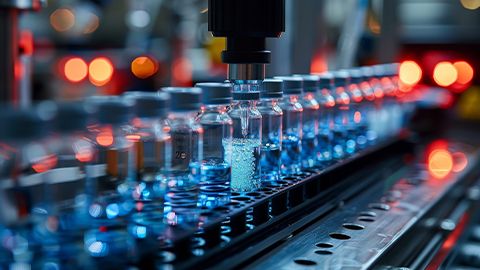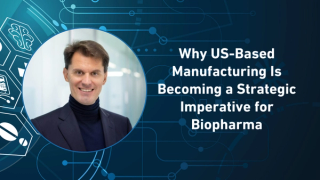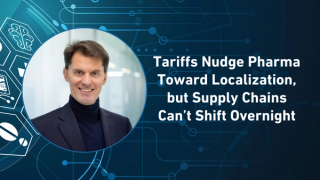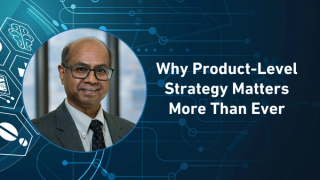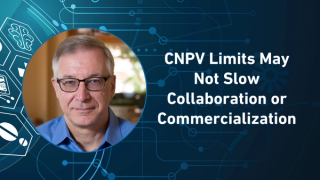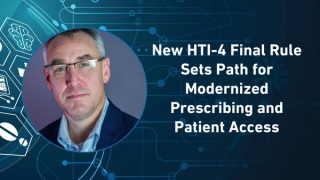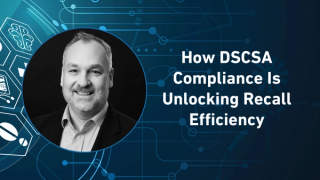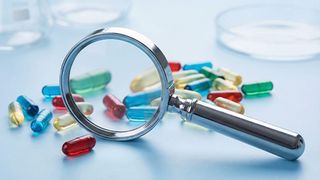
Legal & Regulatory
Latest News
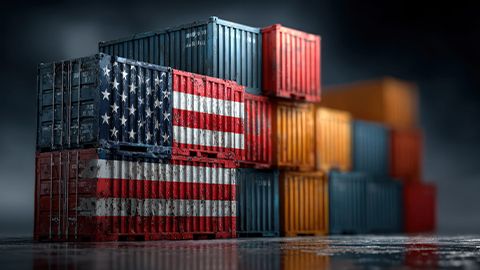
Latest Videos

Shorts
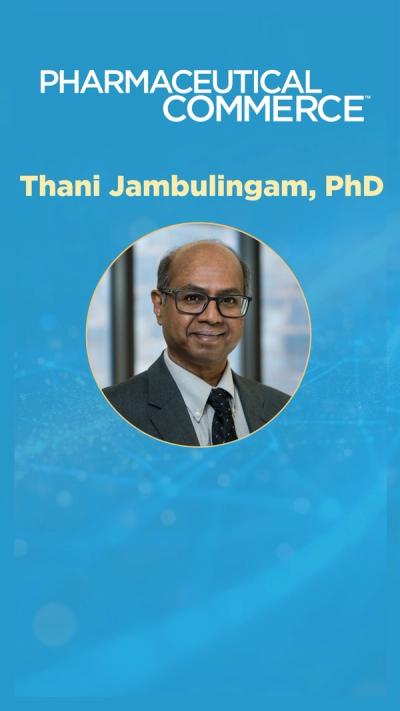




Podcasts
More News

Policy shifts bring meaningful improvements for some—but looming coverage losses and rising premiums threaten to erase those gains.

The acquisition strengthens M&D’s specialty portfolio, broadens access to plasma-derived therapies, and supports phased integration focused on regulatory compliance.

Even the threat of Greenland-related tariffs rattled drug supply chains and uncovered industry vulnerabilities to instability.
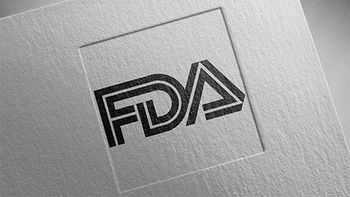
The agency will evaluate FISP after early results show major gains in speed, capacity, and real-time risk mitigation across US ports of entry.

The company brings its temperature-controlled Superbox to the US pharma industry, aiming to improve speed, compliance, and resilience in the cold chain process.

The company will participate in the Trump administration’s direct-to-patient drug platform, while committing $100 billion to US R&D and manufacturing.

In today’s Pharma Pulse, Johnson & Johnson secures a major tariff deal by joining the federal drug discount portal, while new data warns that missing early infant shots is the leading predictor of skipped MMR vaccines.

The pharma giant becomes the latest manufacturer to participate in the Trump Administration’s direct-to-patient pricing platform, aligning US drug costs with European benchmarks while reinforcing its domestic manufacturing investments.

Pharma Pulse: FDA Fast-Tracks Merck Blockbusters, GSK’s Precision Data Bet, and DHL’s Massive PA Hub
In today’s Pharma Pulse, the FDA issues two high-stakes priority vouchers for cholesterol and cancer therapies, GSK leverages genomic data to refine drug targets, and DHL completes a one-million-square-foot logistics center of excellence.

Pharma Pulse: Pediatric Vaccine Revisions, COPD Mortality Trends, and Eli Lilly’s $1.3B Obesity Deal
In today’s Pharma Pulse, federal officials slash the childhood immunization schedule, new data underscores the life-saving impact of COVID vaccines for COPD patients, and Eli Lilly targets the AMPK pathway in a massive new oral obesity collaboration.

In today’s Pharma Pulse, Vanda Pharmaceuticals secures landmark approval for Nereus, while Hoth Therapeutics files dual patents to tackle treatment-induced skin toxicities.

In today’s Pharma Pulse, the FDA clears new denosumab biosimilars for osteoporosis and cancer-related bone loss, while healthcare leaders grapple with a surge in "nuclear verdicts" driven by shifting public sentiment.

With a planned US launch in early 2026, the approval expands treatment options following strong late-stage trial results.
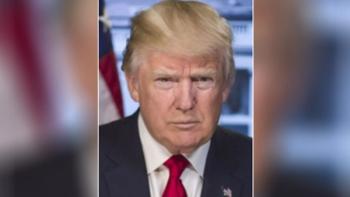
Nine more companies have joined the DTC government-run website, which is set to launch sometime next year.
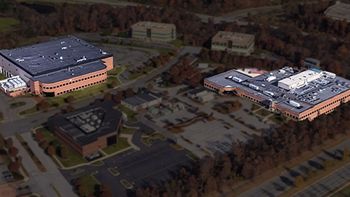
The South Korea–based CDMO acquires its first US manufacturing facility in Rockville, MD, expanding its global footprint and strengthening biologics capacity.

In today’s Pharma Pulse, major pharma players commit to most-favored-nation pricing, as DHL bolsters West Coast logistics for temperature-sensitive drugs.

In today’s Pharma Pulse, the Senate advances legislation to block "biotechnology companies of concern," clinical research ties COVID-19 to REM-dominant sleep apnea, and a new analysis reveals an affordability breaking point for employer-sponsored health insurance.

In today’s Pharma Pulse, House Republicans block a critical insurance subsidy extension, as new research highlights the oncology benefits of GLP-1s.
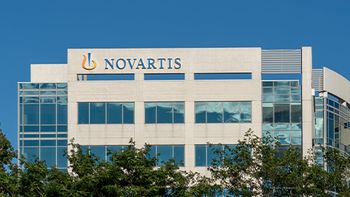
The pharmaceutical giant’s new 700,000-square-foot hub aims to onshore production of key medicines and strengthen the US drug supply chain.

In today’s Pharma Pulse, the FDA approves Amgen’s Uplizna (inebilizumab-cdon), the first CD19-targeted therapy for gMG with convenient twice-yearly dosing, and much more.

Welcome to Pharma Pulse, a Pharmaceutical Commerce podcast where we bring you the latest insights shaping patient access, supply chain/logistics, data & tech, and healthcare innovation. I’m your host, and let’s get into today’s headlines.
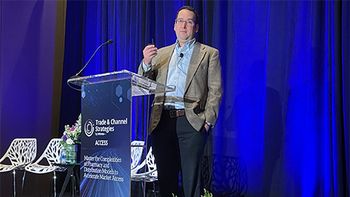
As the FDA ends its phased exemption period for most trading partners, Two Labs’ Michael Rowe warns that DSCSA compliance is entering a far more complex era—one shaped by real-time traceability, digital record requirements, and a transition to a 12-digit NDC.

In today’s Pharma Pulse, Augmentin XR is the first drug approved under the FDA's new CNPV pilot program and much more.

In today’s Pharma Pulse, the University of Maryland expands its medical class to combat physician shortages and much more.

In today’s Pharma Pulse, the ACIP votes to end the decades-long universal hepatitis B birth dose recommendation; meanwhile, former FDA commissioners warn that new vaccine policies are compromising the long-standing regulatory framework and jeopardizing public health security.


